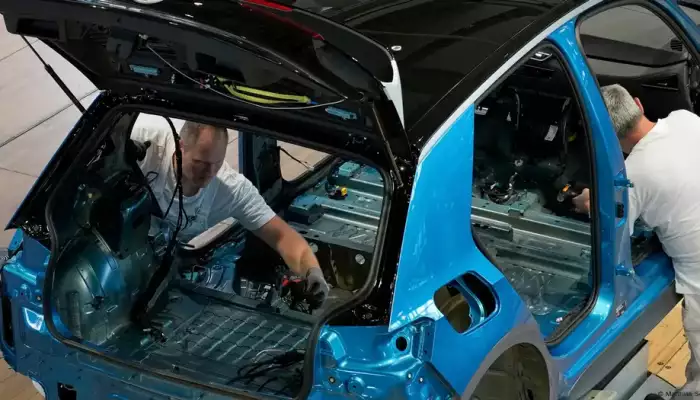
European Union trade commissioner Maros Sefcovic on Thursday presented a joint EU-US statement outlining a framework trade deal under which some 70% of EU exports face a 15% tariff.
"This is a serious, strategic deal, and we are fully behind it. A wide range of sectors, including strategic industries such as cars, pharmaceuticals, semiconductors, and lumber, stand to benefit," Sefcovic told a press conference in Brussels.
The tariff deal was met with both praise and criticism when it was first announced in July. European Commission chief Ursula von der Leyen said it brought "stability" and "predictability" to transatlantic trade. Conversely, French Prime Minister Francois Bayrou said the deal amounted to the EU "resigning itself to submission."
The 15% tariff rate could be seen as minor in comparison to the the 30% US President Donald Trump had previously threatened. However, it is still six times higher than the 2.5% that had been in place before Trump returned to the White House in January.
The deal also says European Union is expected to purchase $750 billion (€646 million) worth of US liquified natural gas, oil, and nuclear energy products through 2028.
Lower tariff on EU cars to apply retroactively
On European car exports, a sector that is critical specifically to the German economy, the 15% US tariff rate is not over the finish line quite yet.
As of now, the US tariff rate for EU cars imported into the US is 27.5%. The US has said it will lower the tariffs on EU cars to 15% after the EU begins a legislative process to facilitate imports of certain US goods.
This will include removing EU tariffs on US industrial goods in addition to dismantling barriers to some food imports. According to the deal, the EU will have to lower its restrictions on processed fruits and vegetables, as well as other processed foods from the US.
Sefcovic said the Commission was "working very hard" on getting the process completed.
The commissioner added that he was assured by his US negotiating counterpart that the lowered rate for cars will apply retroactively from August 1.